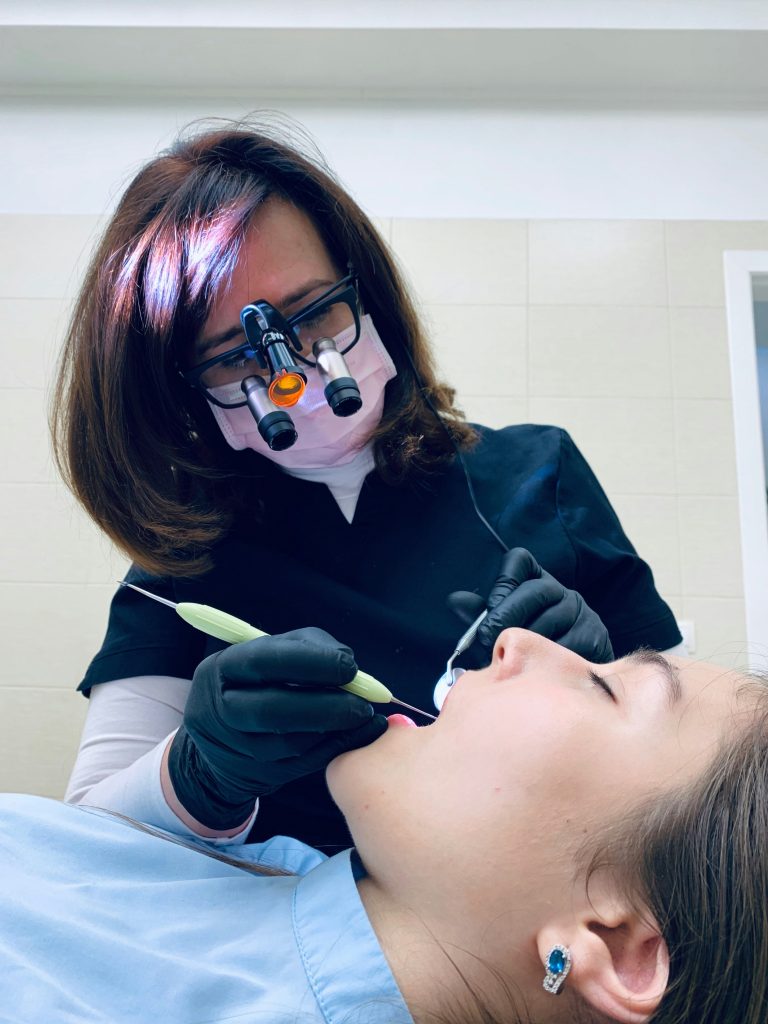In the world of holistic dentistry, the topic of mercury amalgam fillings and their safe removal is of paramount importance.

The Concern with Mercury Amalgam Fillings For many years, mercury amalgam, a material combining mercury with other metals, was a common choice for dental fillings. However, concerns have surfaced regarding the potential health risks associated with the release of mercury vapor, especially when these fillings are removed. These concerns have catalyzed a shift towards safer alternatives and the careful extraction of existing mercury fillings.
Why Worry About Mercury Vapor? The primary issue with mercury amalgam fillings lies in the potential release of mercury vapor. Activities like chewing can cause these fillings to release vapor, which can be harmful when inhaled and absorbed by the body. This risk highlights the necessity for proper removal protocols to minimize mercury exposure.
Protocols for Safe Mercury Amalgam Removal To ensure safety during the removal of mercury fillings, holistic dentists adhere to specific protocols. These include:
- Rubber Dam Isolation: A rubber dam isolates the tooth, preventing the ingestion or inhalation of mercury particles.
- High-Volume Air Filtration: This technique removes mercury vapor and particles from the air, protecting both the patient and the dental team.
- Specialized Dental Suction: This equipment effectively captures mercury particles and vapor.
- Water Spray for Cooling: A continuous water spray is used to cool the filling during removal, reducing the amount of vapor released.
- Sectioning the Filling: Cutting the filling into chunks for removal, rather than grinding it out, minimizes vapor release.
Detoxification Post-Removal After removing mercury fillings, some holistic dentists suggest a detoxification regimen. This can involve nutritional supplements, dietary adjustments, and other methods to help the body rid itself of any absorbed mercury.
Choosing Safer Filling Alternatives Post-removal, mercury fillings are replaced with biocompatible materials like composite resins or porcelain. These alternatives are safer, visually appealing, and can be more durable.
Safely removing mercury amalgam fillings is a critical aspect of holistic dentistry. It’s a process that underscores a commitment to comprehensive patient health, addressing the risks associated with mercury exposure. Through meticulous protocols and advanced techniques, holistic dentists ensure this process is as safe and effective as possible, contributing significantly to the overall health of their patients.

